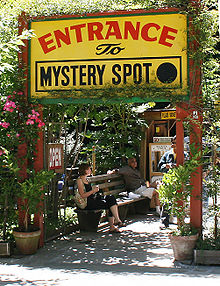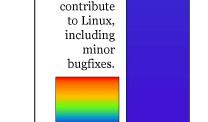laptop
ASUS W3J Laptop Review
So my much-anticipated Asus W3J laptop arrived a few days ago. To recap, my requirements for a laptop were: * Core Duo * 5 pounds maximum weight * Dedicated video hardware * Removable optical drive Laptops have outsold desktops since 2003, depending on whose data you believe. And today’s laptops are definitely converging







